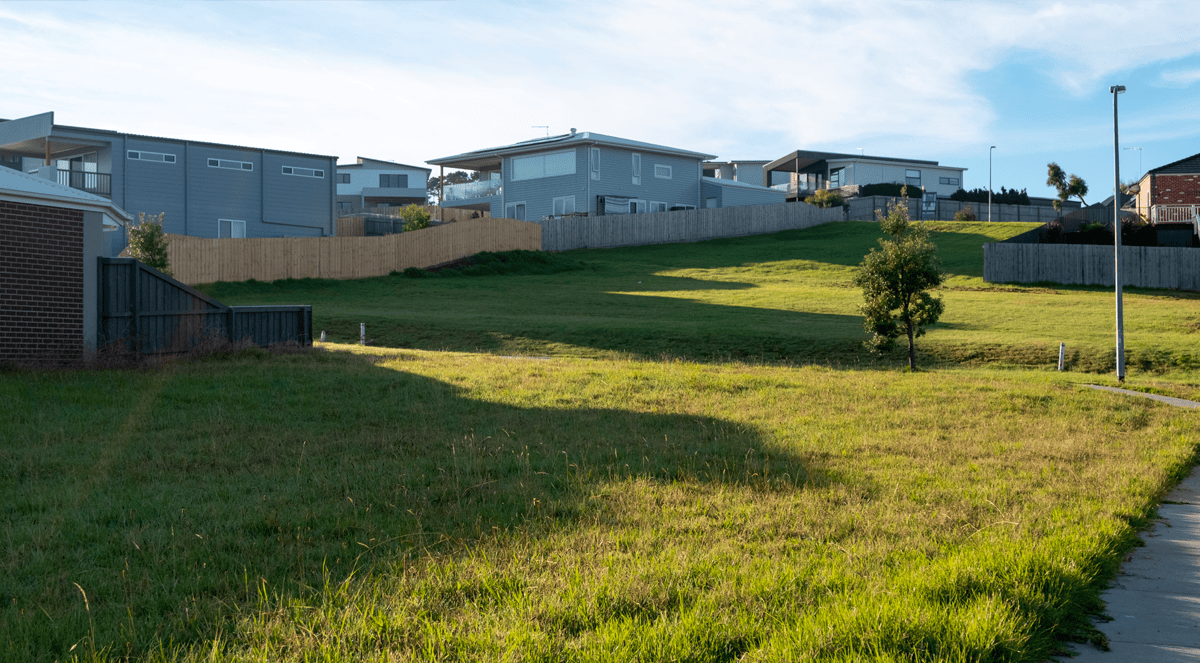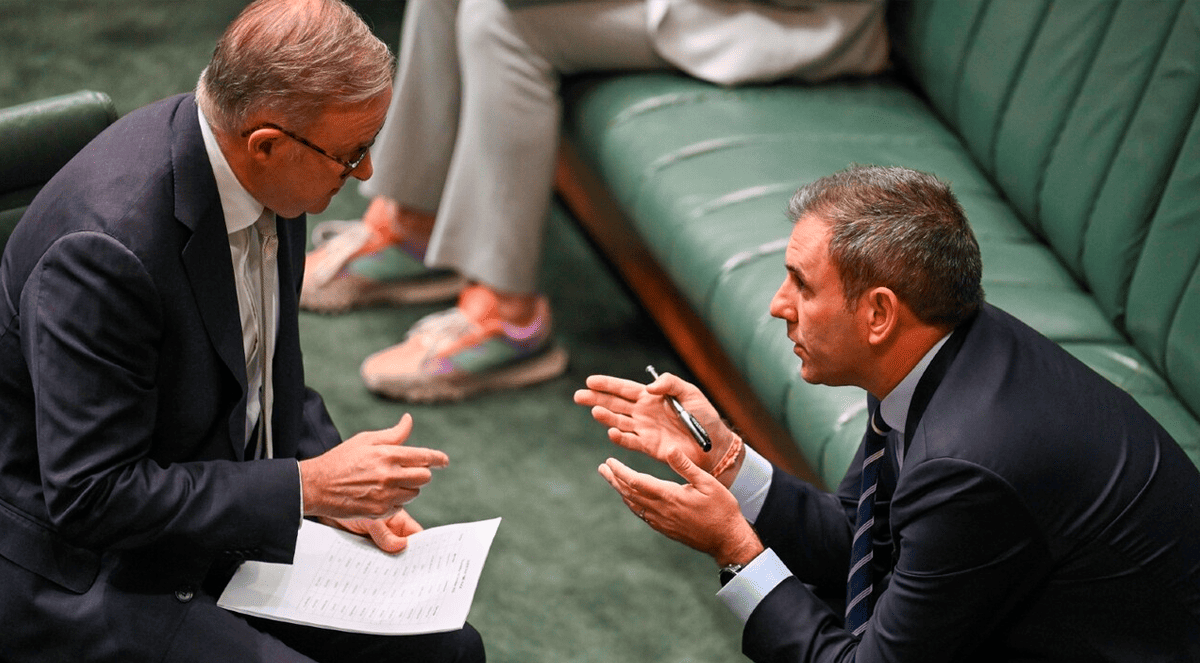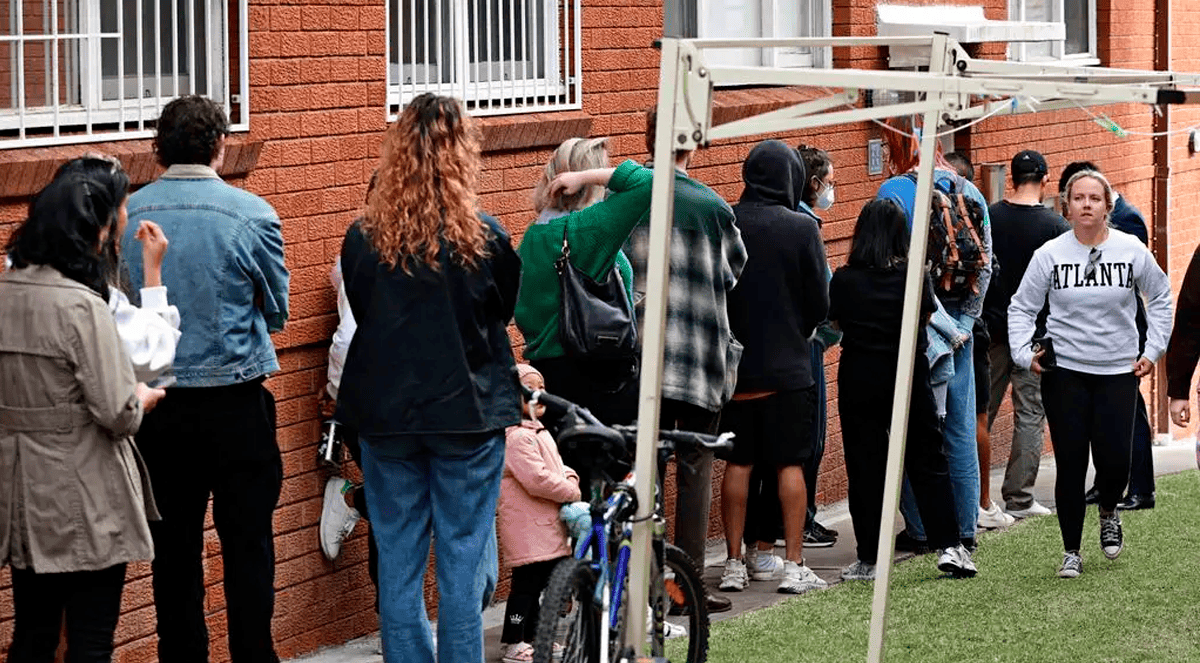Features > Property News & Insights > Market updates
Property professionals see fewer homes, stronger prices in 2025
.png)
KEY POINTS
- The property industry believes fewer homes than average will be built over the next year, despite the severe housing shortage
- A leading industry survey finds that a significant majority of property professionals expect residential property prices to rise in 2025
- Professionals expect housing to outperform offices and retail significantly
A regular survey of nearly 600 property professionals has found that the industry expects less homes than average will be built over the next year.
The Property Council of Australia/Procore quarterly sentiment survey also finds that the industry expects strong housing price growth during 2025.
The Property Council says it’s concerned that the industry expects to build less homes, not more, in the midst of a national housing crisis, and has called for more action from the federal, state and territory governments to remove impediments to more housing construction.
The details
Every quarter, the Property Council of Australia and construction management software company Procore ask property professionals about their expectations for the next 12 months.
Their survey pool draws on professionals in all aspects of the industry; from property developers, managers and real estate agents to service providers.
The results provide a fascinating insight into the expected pipeline of work in the construction sector, as well as gauging confidence and impressions of the obstacles and challenges the industry faces.
The results of the latest survey are no exception.
It finds confidence in the property industry has risen and is now at 116 on the index, where a measure of 100 is regarded as neutral sentiment.
It’s a distinct improvement from the previous September survey result of 108, but a long way down from the recent highs in December 2021 of 140+.
It’s also a mixed picture across Australia, with industry confidence still in negative territory (91, down from 95) in Victoria, but streaking ahead in South Australia (132, up from 129).
Despite sentiment improving nationally, for only the fourth time since the quarterly survey began in 2011, respondents across every asset class – from housing and retirement villages to offices and industrial assets – say they expect construction activity levels over the next year to be below long-running historical averages.
House prices
Significantly, residential construction activity expectations are 2 points below the historical average, while price growth expectations for housing are a stunning 21 points above it.
While expectations of price growth have been tempered in some areas of Australia, it’s only in the ACT that surveyed property professionals are expecting home prices to fall in the year ahead.
It’s a classic case of demand versus supply, with expectations of higher home prices in the face of continuing strong demand at a time of muted supply.
Message for governments
Property Council Chief Executive Mike Zorbas says the industry’s expectation of constructing fewer homes over the next year highlights the challenges ahead.
“High barriers to construction, high input costs and low market capacity are all showing up in weak construction expectations.
“Utility delays, planning duplications between levels of government and state property taxes continue to drag on housing supply and add to the cost of new homes,” he says.
Mr Zorbas says that with a federal election imminent, “all parties must recognise that supply is first, second, and third in solving the housing crisis.
“All levels of government must tailor policies to encourage greater investment in apartment, greenfield, purpose-built student accommodation and retirement village construction in addition to social housing to meet our ambitious national target of 1.2 million new homes by 2029.”
Not surprisingly, property professionals identified housing supply and affordability as the most critical issue for the Federal government, way ahead of economic management, infrastructure delivery and tax reform.
It was their top priority for state governments, too, outweighing property taxes and charges, planning and regulation reform and development around transport nodes.
“Australia’s housing crisis remains a significant societal challenge for our federal and state governments, fueled by contributing factors such as the ongoing labor shortage and regulation reform,” says Chris Skelton, the General Manager for APAC with Procore.
Residential versus other property classes
The Property Council/Procore survey also provides some interesting insights for investors, in particular for traditional “Mum and Dad” landlords who may be considering diversifying into other property assets.
Residential property capital growth prospects scored best among surveyed property professionals with a +36 net rating.
Overall, professionals were negative about the capital growth prospects for office property (-5) and neutral about retail property (0).
Australia’s aging population meant they were upbeat about retirement living capital growth prospects (+33), slightly less enthusiastic about industrial property (+21) and only lukewarm about the prospects for hotels (+8).
Stay Up to Date
with the Latest Australian Property News, Insights & Education.




.png?width=292&height=292&name=Copy%20Link%20(1).png)
 SIGN UP FOR FREE NEWSLETTER
SIGN UP FOR FREE NEWSLETTER







%20Scott%20Kuru%20DPU%20145.jpg?width=1920&height=1080&name=Senate%20Inquiry%20Forced%20the%20RBA%20to%20Admit%20the%20Housing%20Crisis%20Will%20Never%20Be%20Fixed%20(It%20Was%20All%20a%20Lie)%20Scott%20Kuru%20DPU%20145.jpg)



%20Scott%20Kuru%20DPU%20141.jpg?width=1920&height=1080&name=The%20Senate%20Just%20Exposed%20Australias%20Biggest%20$80%20Billion%20Housing%20Fraud%20(Inquiry%20Launched)%20Scott%20Kuru%20DPU%20141.jpg)




%20Scott%20Kuru%20DPU136.jpg?width=1920&height=1080&name=Aussies%20Just%20Got%20Hit%20With%20Double%20Taxes%20on%20Everything%20(This%20Has%20Gone%20Too%20Far)%20Scott%20Kuru%20DPU136.jpg)


%20Scott%20Kuru%20DPU%20133.jpg?width=1920&height=1080&name=JUST%20IN%20Something%20Major%20Just%20Flipped%20Australia%E2%80%99s%20Property%20Market%20for%202026%20(No%20One%20Saw%20This%20Coming)%20Scott%20Kuru%20DPU%20133.jpg)


.jpg?width=1920&height=1080&name=Rental%20Prices%20At%20Record%20Highs%20And%20Vacancy%20Rates%20At%20All%20Time%20Lows%20(New%20Data%20Reveals).jpg)
%20%20DPU%20EP%2014.jpg?width=1920&height=1080&name=Investors%20Shutting%20Out%20First%20Home%20Buyers%20(Investors%20At%20Record%20Highs)%20%20DPU%20EP%2014.jpg)

.jpg?width=1920&height=1080&name=Darwins%20Property%20Market%20Boom%20or%20Dangerous%20Gamble%20(REVEALED).jpg)

.jpg?width=1920&height=1080&name=The%20RBA%E2%80%99s%20Rate%20Cut%20Could%20Explode%20House%20Prices%20(Here%E2%80%99s%20Why).jpg)








.jpg?width=1920&height=1080&name=Warning%2c%20You%20Might%20Be%20Facing%20Higher%20Taxes%20Soon%20(1).jpg)




.png?width=1920&height=1080&name=Rate%20Drops%20Signal%20BIGGEST%20Property%20Boom%20in%20DECADES%20(1).png)

.jpg?width=1920&height=1080&name=Labor%20vs%20Liberal%20These%20Housing%20Policies%20Could%20Change%20the%20Property%20Market%20Forever%20(1).jpg)
.jpg?width=1920&height=1080&name=QLD%20Slashes%20Stamp%20Duty%20Big%20News%20for%20Investors%20%26%20Home%20Buyers%20(1).jpg)
.jpg?width=1920&height=1080&name=Trump%20Just%20Slapped%20Tariffs%20%E2%80%93%20Here%E2%80%99s%20What%20It%20Means%20for%20Australia%20(1).jpg)
.jpg?width=1920&height=1080&name=Federal%20Budget%202025%20More%20Debt%2c%20No%20Housing%20%E2%80%93%20Here%E2%80%99s%20What%20You%20Need%20to%20Know%20(1).jpg)
.jpg?width=1920&height=1080&name=Australias%20Housing%20Crisis%20is%20about%20to%20get%20MUCH%20Worse%20(New%20Data%20Warns).jpg)
%20(1).jpg?width=1920&height=1080&name=Australias%20RENTAL%20CRISIS%20Hits%20ROCK%20BOTTOM!%20(2025%20Update)%20(1).jpg)
%20(1).png?width=1920&height=1080&name=Is%20Adelaide%20Still%20a%20Good%20Property%20Investment%20(2025%20UPDATE)%20(1).png)
.jpg?width=1920&height=1080&name=RBA%20Shocks%20with%20Rate%20Cuts!%20What%E2%80%99s%20Next%20for%20Property%20Investors%20(1).jpg)
%20(1).jpg?width=1920&height=1080&name=I%20Predict%20The%20Feb%20Rate%20Cut%20(My%20Price%20Growth%20Prediction)%20(1).jpg)
.png?width=1920&height=1080&name=Why%20Property%20Prices%20Will%20Rise%20in%202025%20Market%20Predictions%20(1).png)
.jpg?width=1920&height=1080&name=Why%20Investors%20Are%20Choosing%20Apartments%20Over%20Houses%202%20(1).jpg)
.jpg?width=1920&height=1080&name=Why%20Rate%20Cuts%20Will%20Trigger%20A%20Property%20Boom%20(1).jpg)
.jpg?width=1920&height=1080&name=Retire%20On%202Million%20With%20One%20Property%20(Using%20SMSF).jpg)
.jpg?width=1920&height=1080&name=4%20Reasons%20Why%20You%20Should%20Invest%20in%20Melbourne%20Now%20(1).jpg)
%20(1).jpg?width=1920&height=1080&name=Old%20Property%20vs%20New%20Property%20(Facts%20and%20Figures%20Revealed)%20(1).jpg)
%20(1).jpg?width=1920&height=1080&name=Will%20The%20New%20QLD%20Govt%20Create%20a%20Property%20Boom%20or%20Bust%20(My%20Prediction)%20(1).jpg)
%20Scott%20Kuru%20(1).jpg?width=1920&height=1080&name=Inflation%20Hits%20Three-Year%20Low%20(Will%20RBA%20Cut%20Rates%20Soon)%20Scott%20Kuru%20(1).jpg)
.jpg?width=1920&height=1080&name=How%20to%20Buy%20Investment%20Property%20Through%20SMSF_%20The%20Ultimate%20Guide%20(1).jpg)
.jpg?width=1920&height=1080&name=Victoria%20Slashes%20Stamp%20Duty%20Melbourne%20Set%20to%20Boom%20Scott%20Kuru%20(1).jpg)
.png?width=1571&height=861&name=Are%20Foreign%20Buyers%20Really%20Driving%20Up%20Australian%20Property%20Prices%20(1).png)
.jpg?width=1920&height=1080&name=The%20Single%20Factor%20That%20Predicts%20Property%20Growth%20Regions%20(1).jpg)
%20Scott%20Kuru%20(1).jpg?width=1920&height=1080&name=My%20Prediction%20On%20Rates%20%26%20Negative%20Gearing%20(Market%20Crash)%20Scott%20Kuru%20(1).jpg)

-1.png?width=1920&height=1080&name=Major%20Banks%20Cut%20Rates%20Will%20RBA%20Follow%20Suit%20(Sept%20Rate%20Update)-1.png)
%20Scott%20Kuru-1.png?width=1920&height=1080&name=Rate%20Cut%20Coming%20What%20New%20Zealands%20Move%20Means%20for%20Australia%20(Sept%20Prediction)%20Scott%20Kuru-1.png)
%20(1).jpg?width=1920&height=1080&name=Buy%20when%20the%20interest%20rates%20are%20high!%20(Why%20you%20must%20buy%20now!)%20(1).jpg)
.jpg?width=1920&height=1080&name=Carms_Revised%20Taxes%20Due%20Aug%209%20YT%20Thumbnail02%20(1).jpg)
.jpg?width=1920&height=1080&name=Carms_Too%20Little%20Too%20Late%20Aug%207%20YT%20Thumbnail01%20(1).jpg)









.jpg?width=1920&height=1080&name=Carms_Rate%20Drop%20In%20July%20Jun%2010%20YT%20Thumbnail02%20(1).jpg)
.jpg?width=1920&height=1080&name=Carms_Own%20a%20Property%20V6%20Jun%205_YT%20Thumbnail%20(1).jpg)









.png?width=1920&height=1080&name=Artboard%201%20(3).png)






.jpg?width=1920&height=1080&name=YT%20thumbnail%20%20(1).jpg)

